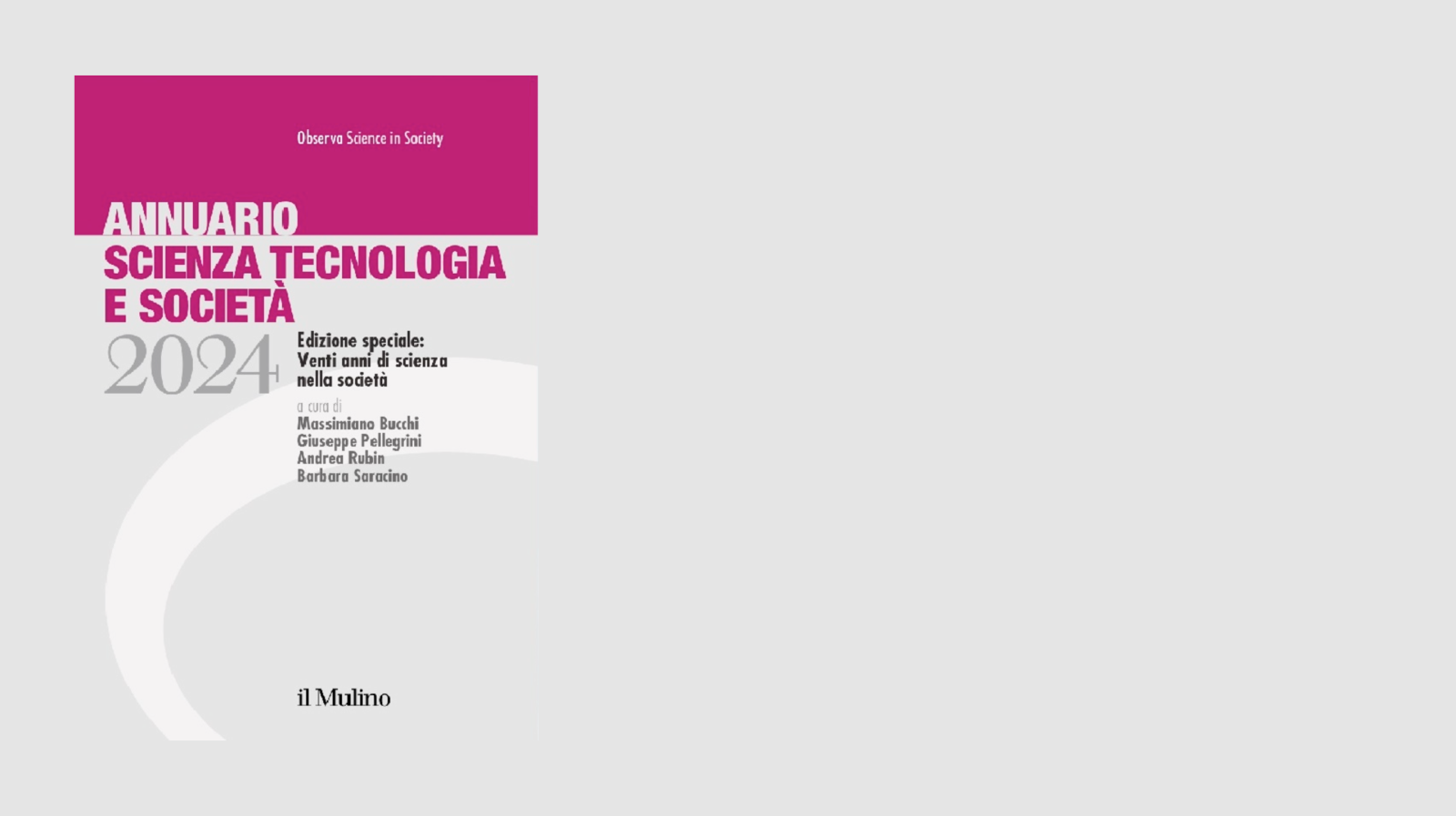The deal is almost done: the new European Programme for Research and Innovation Horizon 2020 will receive roughly € 70 billion from 2014 to 2020. On 25 June, an agreement was reached between the (outgoing) Irish Presidency of the EU Parliament and the Commission to guard the "treasure" from any other budget cuts from now 'til next years.
An agreement has been reached after months of long and grueling negotiations, not so downward as it was feared
(although - as Nature noted - 13%
lower than the initial budget requested by the Commission and 30% lower compared to
that demanded by the Parliament) and with considerable bureaucratic
simplifications for access and reporting that would otherwise raise some 'euroburocratic pains' (read here).
The pillars of the program have been confirmed as well: 37% of the budget will be
allocated to Excellence Science" (which means basic research and high-level infrastructure); 22.5% to "Industrial leadership" (ie: applied
research with regard to small and medium-sized enterprises), 38% to "Societal challenges" (a container for environmental and health challenges). The rest will be split among European Institute of
Innovation and Technology and Joint Research Centre.
Final approvals from the Parliament and the Commission is still necessary, but the agreements look solid, as demonstrated by the budget for 2014, prepared within the multiannual financial framework, which, despite a decrease of 6% compared to that of the last year, allocates € 9 billion in the Horizon 2020 and a total of 70 billion in various initiatives aimed at competitiveness, growth and employment.
"We present this draft budget today because the Lisbon Treaty clearly states that the Commission must do this by the 1 July at the latest", says EU Commissioner for Financial programming and Budget, Janusz Lewandowski. "However, we will adjust our proposal later on in the light of the final outcome on the 2014-2020 Multiannual Financial Framework (MFF) adoption procedure".
Seán Sherlock, the current president of the council of ministers for research, expressed his satisfaction: "Research and innovation are the engines of growth. A strategic approach aimed to develop research and innovation will spread and lead the research throughout the European Union. This is the reason why the program is a success and a kind of innovation compared to what has been done so far". Sherlock also highlighted the degree of innovation contained in the allocation of resources: "the program will use a simplified financing model, which means that a greater number of organizations will be able to access the program. This means, in turn, that we will have a greater heterogeneity in the research, more opportunities for businesses and greater benefits for the economy in general." The representative of Parliament Christiane Ehler disagrees, since he believes that the agreement is to the downside, while reactions of various industry associations and promotion of research and development are cautiously positive (read here).

